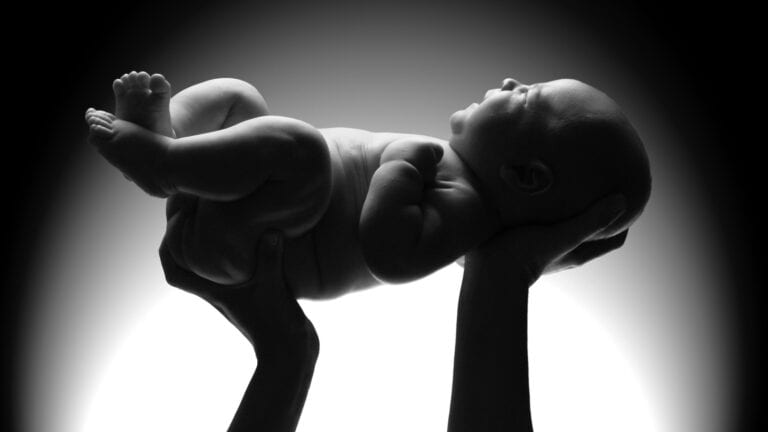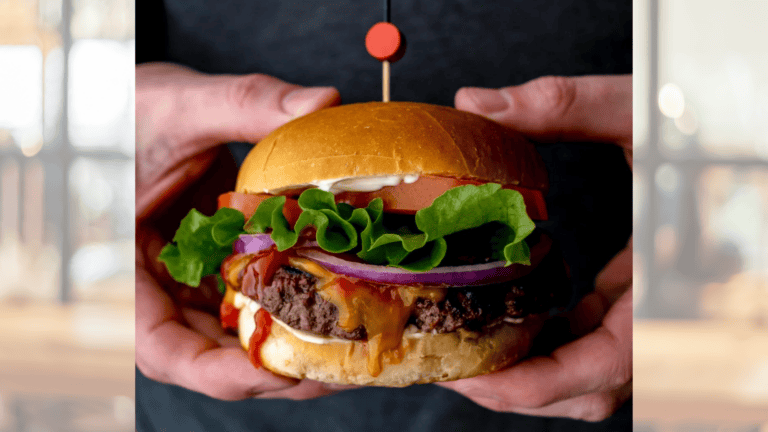VisibleWikiWomen: An Empowering Digital Movement To Increase Visibility
In its sixth year, Whose Knowledge and its collaborative partners brought back the VisibleWikiWomen 2023 campaign, offering a compelling opportunity to occupy the digital space. This initiative invites individuals from diverse backgrounds to engage in a collective effort, creating, sharing, and uploading open-licensed images of marginalized women and non-binary individuals onto Wikimedia Commons. The primary objective? To combat online invisibility and cultivate a shared feminist memory that honors the multiplicity of bodies and identities.
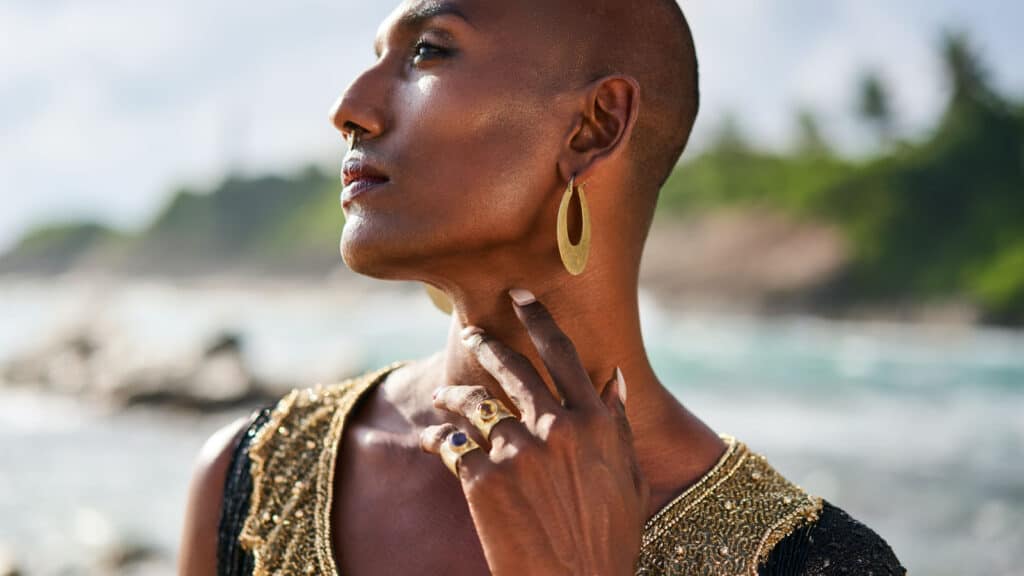
Celebrating Diversity with #BodyPlurality
Over the last half-decade, Whose Knowledge has rallied a global community of partners and friends to address the underrepresentation of women, particularly those who are black, brown, indigenous, trans, and non-binary, on platforms like Wikipedia. They have succeeded in bringing thousands of images online through the VisibleWikiWomen campaign. Yet, there’s an acknowledgment that much more remains to be done. In 2023, Whose Knowledge, along with its collaborators, is challenging you to be a part of this transformative journey. The mission is clear: participate in the digital sphere by contributing open-licensed images that feature marginalized women and non-binary individuals on Wikimedia Commons. Together, let’s confront the issue of online invisibility and celebrate the diversity of our bodies and identities.
Addressing the Wikipedia Gender Gap
The campaign sheds light on the stark gender gap prevalent on Wikipedia. With less than a quarter of Wikipedia biographies representing women, there’s a critical need for change. Many influential women either lack biographies or have incomplete ones. Even more strikingly, a significant percentage of Wikipedia articles about important women lack images. In fact, fewer than 20% of these articles feature pictures. This issue extends to Wikimedia Commons, where only 20% of images depicting human beings represent women (source). Given that Wikipedia is one of the top 10 most-visited websites globally, these gaps have profound implications for the broader internet.
The Amplification of Marginalized Voices
The impact of these visibility gaps is even more pronounced for women who are black, brown, trans, disabled, indigenous, non-thin, or at the intersections of multiple forms of oppression. This year’s campaign theme, #BodyPlurality, #CuerposPlurales, #CorposPlurais, #Imizimba, spotlights the celebration of diverse body sizes, shapes, and identities online. It’s a celebration of womanhood, queer femininity, gender diversity, and the various ways of being, both in the digital realm and in our daily lives.
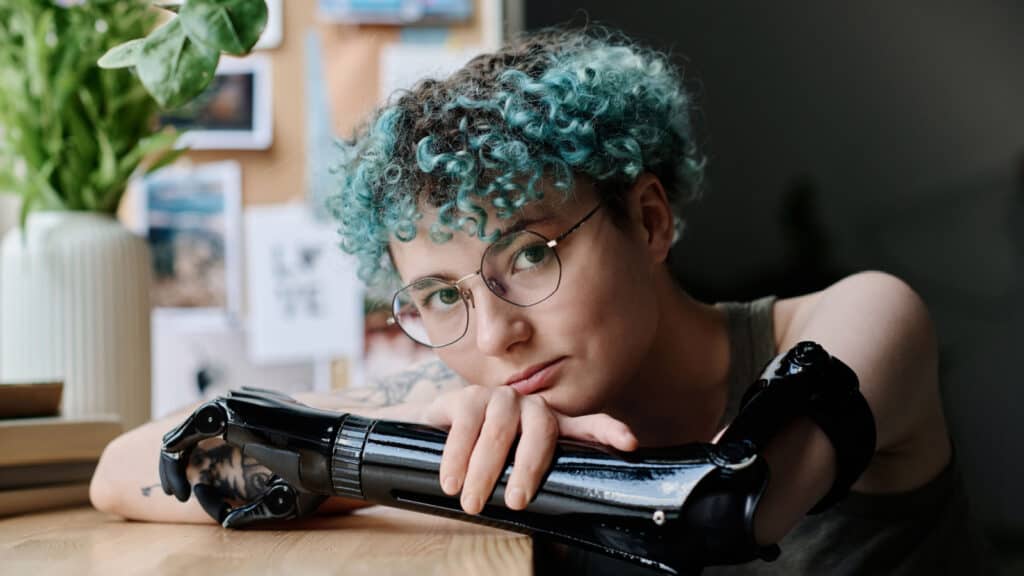
A Historical Lens on Inequality
Whose Knowledge prompts us to reflect on the historical and contemporary injustices rooted in colonialism, imperialism, caste systems, and power structures. The campaign evokes the story of Sara Baartman, an indigenous southern African woman, who, between 1810 and 1815, was exhibited across Western Europe. Her dehumanizing objectification underscored the racial and sexual biases of the time, reducing her to a mere specimen. These colonial gender norms continue to govern, marginalize, and oppress women today.
The Challenge of Coloniality
Ugandan feminist Professor Sylvia Tamale’s call to challenge the “coloniality of sex, gender, and sexuality” reverberates through this campaign. The experiences of athletes like Caster Semenya and Santhi Soundarajan highlight the racial, sexist, homophobic, and transphobic discrimination prevalent in the world of sports. These dynamics are further reinforced through technology, which tends to idealize the ‘normal’ body—male, cisgender, white, able-bodied, neurotypical, and hailing from the Global North. Such technology often imposes narratives of surveillance, control, and conformity, perpetuating marginalization.
Embracing Possibilities
Whose Knowledge acknowledges that existing online in all our diverse glory is an act of resistance against colonial hegemony and its systems of gender, race, sex, sexuality, and womanhood. The campaign celebrates the myriad ways our bodies challenge patriarchy, racism, transphobia, classism, casteism, and colonialism.
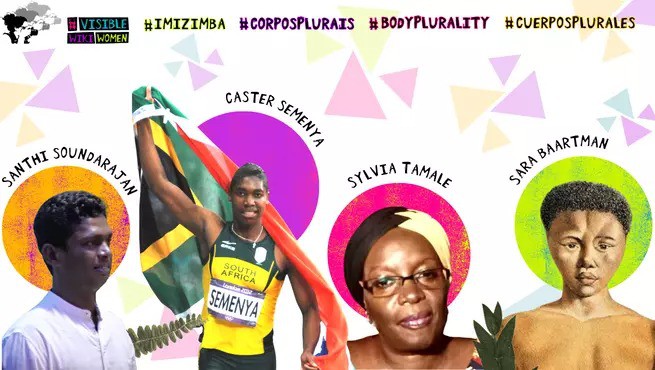
Join the Movement
The primary goal of the 2023 VisibleWikiWomen campaign is to bring 2500 images of women and non-binary individuals to Wikimedia Commons. This extensive multimedia library serves all Wikimedia projects, including over 300 language versions of Wikipedia. The campaign specifically emphasizes increasing the number of images featuring influential black, brown, and indigenous women on Wikipedia. The invitation is open to women’s and feminist organizations, cultural and memory institutions, Wikipedia editors, user groups, chapters, and anyone passionate about granting visibility and recognition to the diversity of women and non-binary individuals. Past allies, friends, and co-conspirators are welcomed back, and new partners from across the world are invited to join hands in this transformative endeavor.
Key Moments to Remember
Throughout the year, the campaign highlights key moments that resonate with our communities. From Black History Month and International Women’s Day to LGBTQIA+ Pride Month and International Safe Abortion Day, these occasions serve as opportunities to engage and promote the cause of visibility for marginalized individuals.
How You Can Make a Difference
Participating in the VisibleWikiWomen campaign is easy and impactful. You can contribute by:
- You can join the #VisibleWikiWomen campaign all year long, by gathering and uploading quality images in the public domain, or under free license, to Wikimedia Commons under the VisibleWikiWomen category. These images can be photographs or drawings of women, as well as images of their work, with proper consent.
- Hosting or attending local events in your communities where photos can be taken or uploaded
- Releasing your existing photos of women and non binary people under free licenses
- Creating illustrations and drawings
- Promoting and publicizing this project by spreading the word about it and using the hashtags #VisibleWikiWomen, #VisibleWikiWomxn, #WomenofColors, #BodyPlurality #CuerposPlurales #CorposPlurais #Imizimba on Facebook, Twitter, and Instagram.
- Co-organizing and hosting an online event with Whose Knowledge? to bring the campaign to your local communities
- Creating a feminist corner at your public events, by installing a #VisibleWikiWomen photobooth.


